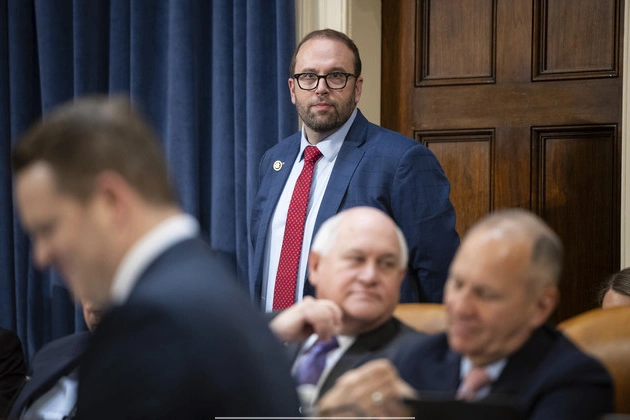
The GOP megabill has sparked controversy with its proposed tax cuts benefiting the wealthy while potentially harming low-income households through reductions in federal spending on Medicaid and food aid. According to a new analysis from the Congressional Budget Office (CBO), the wealthiest Americans stand to gain assets, while the lowest-income families could see a decrease in resources.
Democrats’ Response to the Analysis
Top Democrats have seized on this analysis to criticize the bill, highlighting the perceived disparity in its impact on different income groups. Brendan Boyle, the leading Democrat on the House Budget Committee, condemned the bill for prioritizing the interests of billionaire donors over the well-being of vulnerable populations.
Republicans’ Defense and Counterarguments
Meanwhile, Republicans have defended the megabill by emphasizing its protection of Medicaid for those most in need and its efforts to enhance the program’s sustainability. They argue that the bill not only prevents tax hikes for millions of Americans but also stimulates significant economic growth.
The CBO analysis delved into the impact of the bill’s tax provisions, Medicaid reforms, and changes to SNAP food aid policies on state finances. It projected a potential 2% reduction in household resources for the lowest-income 10% of households by 2027, escalating to 4% by 2033 due to anticipated cuts in federal spending on Medicaid and SNAP.
In contrast, the top 10% of households could witness a 4% increase in resources by 2027 and a 2% rise by 2033, primarily attributed to tax reductions. The megabill includes substantial tax cuts alongside targeted tax hikes to mitigate some of the expenses. Additionally, it introduces significant alterations to Medicaid, such as imposing work requirements and other policies that may result in coverage losses.
Impending Vote on the Megabill
The House leadership is pushing for a prompt vote on the bill, potentially as early as Wednesday, despite the contentious debate surrounding its implications.











